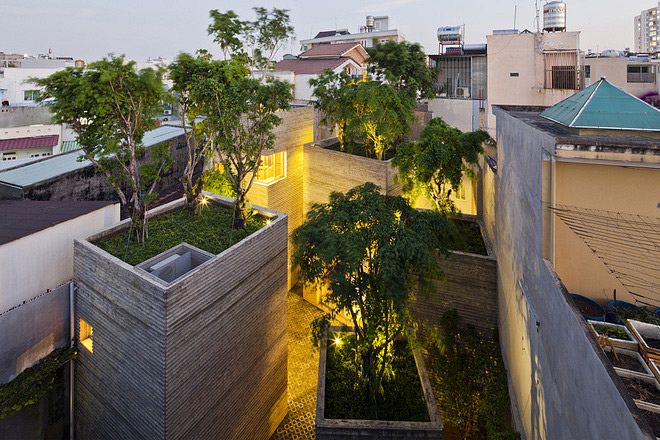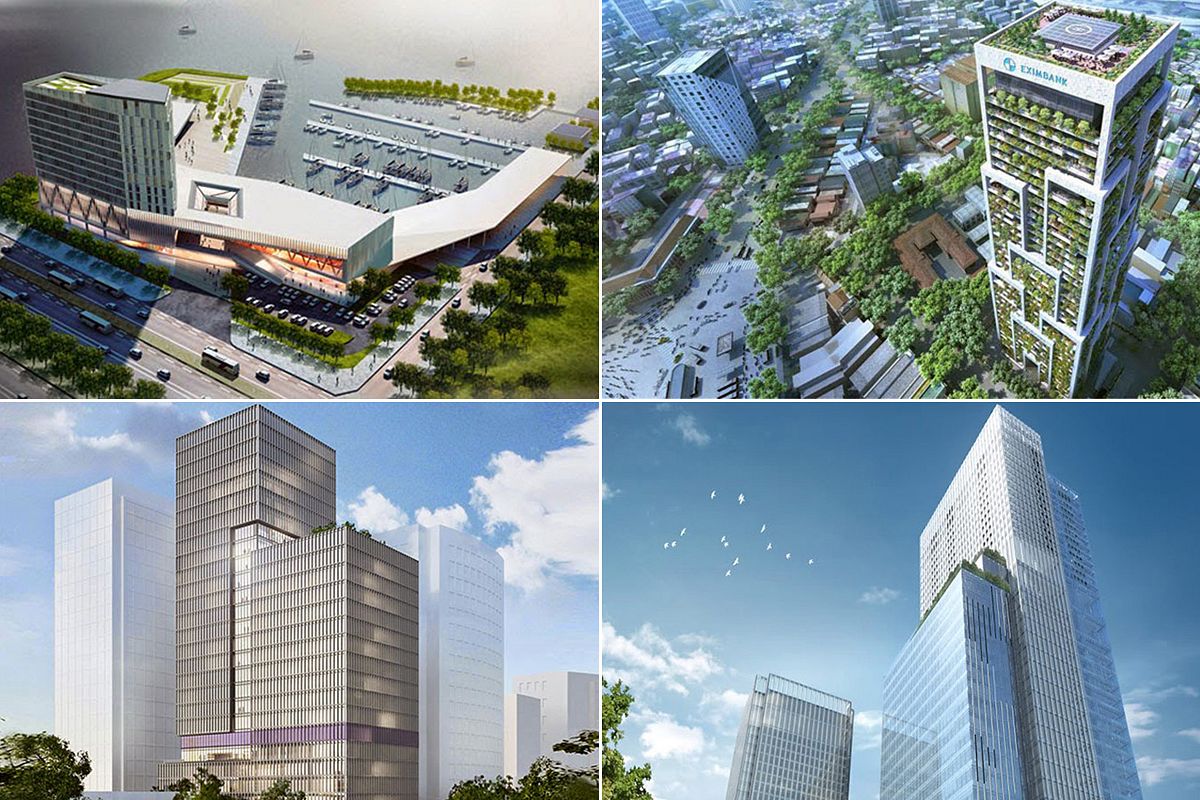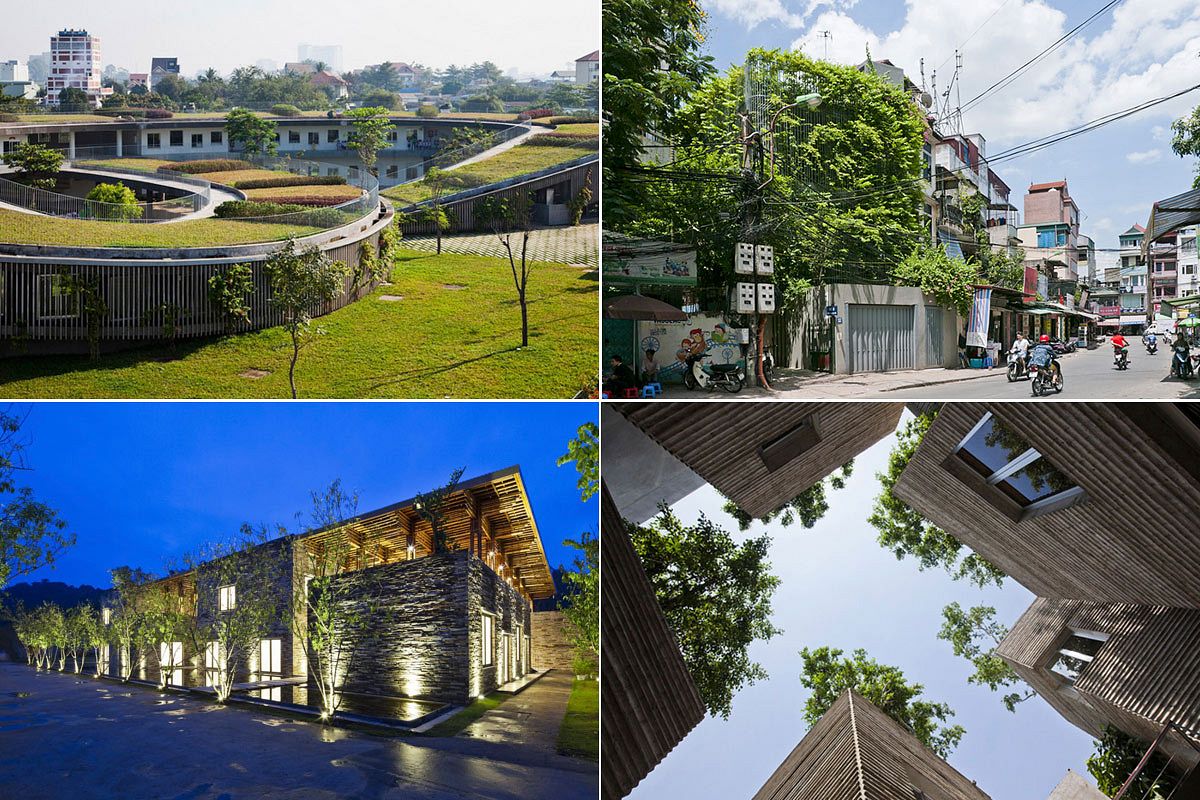Experts and locals have voiced concerns over the impact a proposed mega-resort on the coast in Quang Ngai Province may have on the environment and the local community.
According to VnExpress, plan for a large resort complex has sparked a debate between locals and authorities over the area's future.
The controversial project is the Binh Chau-Ly Son Resort and Urban Area Complex, headed by Vietnamese real estate giant FLC Group. The project was proposed in March and would cover the coastline of Binh Chau and Ly Son Islands. The company's plans would see enormous resort facilities covering just over 9,600 acres (3,885 hectares) at a cost of over US$600 million.
FLC's plans to relocate more than 1,100 families to claim over 3,000 acres of land (1,214 hectares) for development encompasses 454 acres of rice fields, 135 acres of forests and two acres of land used for national security, the news source shares.
On April 18, locals were surprised by reports that Quang Ngai's chairman, Tran Ngoc Cang, had issued an emergency directive aimed at mobilizing "the entire political system" in order to allow the project to break ground on May 19. Cang, according to VnExpress, also ordered a border guard station to be moved to make way for the development, in addition to stating that road access to the concerned coast would only be available every eight kilometers.
In turn, farmers and fishermen living around the earmarked land are worried that they would be left behind. Both groups are concerned that they will be cut off from their livelihood by the project, the news source shares.
However, there are even more concerns coming from conservationists. This is due to the area having received significant attention in 2014, when 10 ancient shipwrecks were discovered just off the volcanic formation at the complex's location in Binh Chau. A study conducted in 2014 by a team of Japanese archeologists concluded that Binh Chau's shores were once a major port for abundant ceramic trade between then Dai Co Viet, India and Tang Dynasty-China in the 9th century.
"The Chau Tan ship is evidence of an ancient historical maritime connection along the Vietnamese coast between China and the Indian Ocean world," writes Jun Kimura, the principal investigator of the paper.
Since January, the province has been compiling an application for Ly Son Island to be accepted as a Geopark by UNESCO. This status was bestowed to Non Nuoc Cao Bang, located in Cao Bang Province, last month.
"The first criteria to be met in order for any site to be recognized by UNESCO is the sustenance of a viable lifestyle and jobs for the local community," Tran Tan Van, director of the Vietnam Institute of Geosciences and Mineral Resources, told VnExpress in Vietnamese.
[Photo via Dac San Lam Qua]














